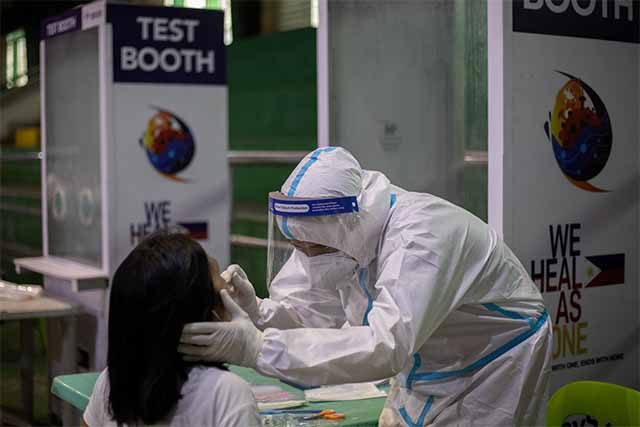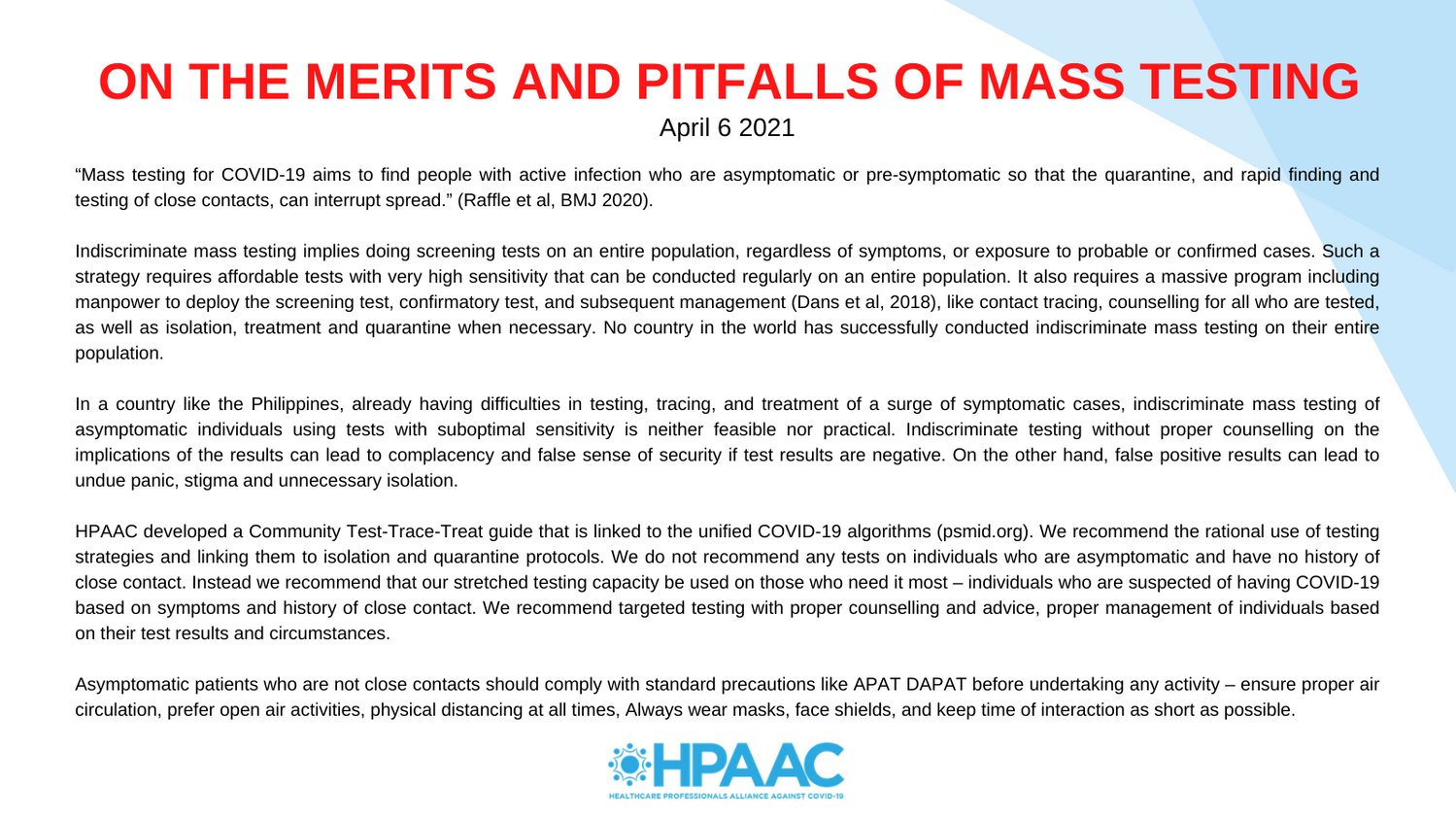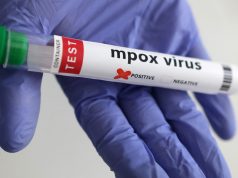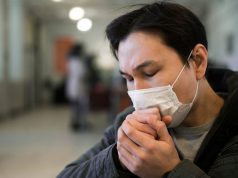
A group of health workers stressed the importance of mass testing anew after testing czar Vince Dizon rejected the calls for it.
Dizon insisted that mass testing refers to testing the country’s population when he defended the government’s “targeted” testing in a briefing on Tuesday.
“Ngayon po, siguro dapat din na maipaliwanag natin nang kaunti itong mga nagiging panawagan ngayon tungkol sa mass testing na ang pagkakaintindi natin ay dapat i-test ang lahat ng 110 million Filipinos,” he said.
In the same event, Dizon reiterated this and said that the government’s approach is called risk-based and targeted testing.
“Lahat po ng eksperto sa Pilipinas at sa buong mundo ay hindi po nirirekomenda ang mass testing ng lahat ng mga—ng buong populasyon ng isang bansa. Ang kailangan po natin ay risk-based at targeted testing,” Dizon said.
“Kailangan po kaakibat ng testing ay ang pagsunod sa minimum health standards na sinasabi ng mga eksperto hanggang 85 to 90 percent ang kayang i-prevent ang transmission ng COVID-19 at ang iba pang mga istratehiya tulad ng tracing at ng mabilis na isolation,” he added.
Targeted testing was the term used by the Palace last year to define the government-sanctioned protocol in detecting COVID-infected individuals amid widespread calls for mass testing in the country.
However, the target persons to be tested under this program are also the same as the ones medical societies and concerned groups sought to prioritize since the beginning of the pandemic.
The Department of Health also previously stressed that mass testing involves widespread testing of “vulnerable members of the population.”
In July 2020, the DOH updated its guidelines for Reverse transcription polymerase chain reaction testing and used a new term called “expanded risk-based testing.”
“The new subgroups broadens the coverage of persons to be tested to include suspect cases, individuals with travel history and exposure (whether symptomatic or asymptomatic), and healthcare workers with possible exposure (whether symptomatic or asymptomatic),” the DOH said.
Importance of mass testing
In a statement on Tuesday, the Healthcare Professionals Alliance against COVID-19 quoted a study to highlight the merits and pitfalls of mass testing.
“’Mass testing for COVID-19 aims to find people with active infection who are asymptomatic or pre-symptomatic so that the quarantine, and rapid finding and testing of close contacts, can interrupt spread.’ (Raffle et al, BMJ 2020),” the group cited.

The organization also stated the consequences of “indiscriminate mass testing” or testing the entire population, which is similar to the definition of Dizon.
“In a country like the Philippines, already having difficulties in testing, tracing, and treatment of a surge of symptomatic cases, indiscriminate mass testing of asymptomatic individuals using tests with suboptimal sensitivity is neither feasible nor practical,” HPAAC said.
“Indiscriminate testing without proper counselling on the implications of the results can lead to complacency and false sense of security if test results are negative. On the other hand, false positive results can lead to undue panic, stigma and unnecessary isolation,” it added.
The HPAAC said no country has successfully conducted indiscriminate mass testing on their population.
The group has developed a community-test-trace guide that is linked to the COVID-19 algorithm.
It recommended the rational use of testing strategies and linking them to isolation and quarantine protocols.
“We don’t recommend any tests on individuals who are asymptomatic and no history of close contact. Instead, we recommend that our stretched testing capacity be used on those who need it most – those suspected of having COVID-19 based on symptoms and history of close contact,” the group said.
“Asymptomatic patients should comply with standard precautions like #APATDAPAT before undertaking any activities,” it added.

Graphic designer NIKKA C.G. likewise created a series of infographics that explained the importance of widespread testing in the country.
View this post on Instagram
Some Filipinos shared one of the infographics as they criticize Dizon’s “mass testing” definition.
On #MassTesting. Repetitive dapat para mamulat ang mga tao sa kabila ng panlilito at pagsisinungaling ng administrasyon. https://t.co/pas3qi34ci pic.twitter.com/d5RDh3ztCM
— Kristoffer Pasion (@indiohistorian) April 6, 2021









